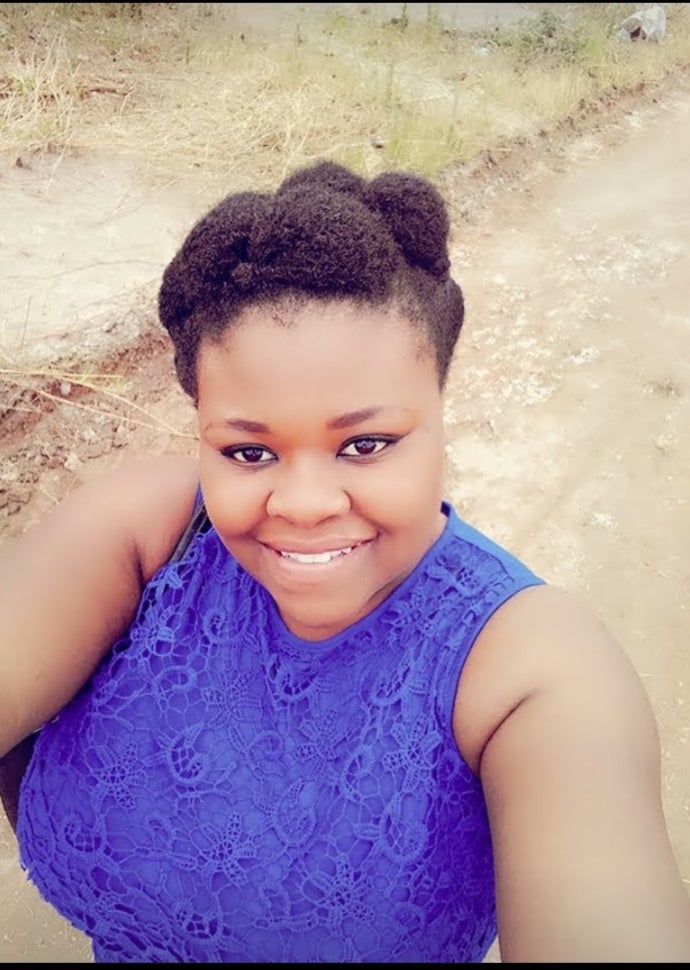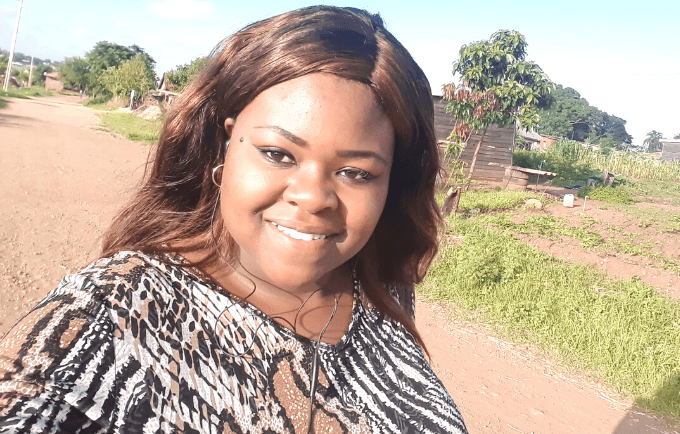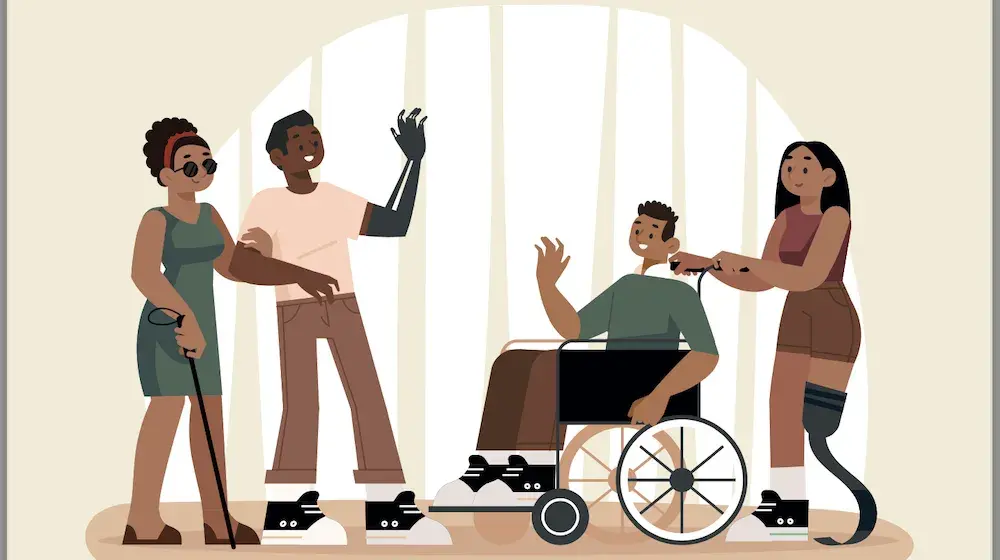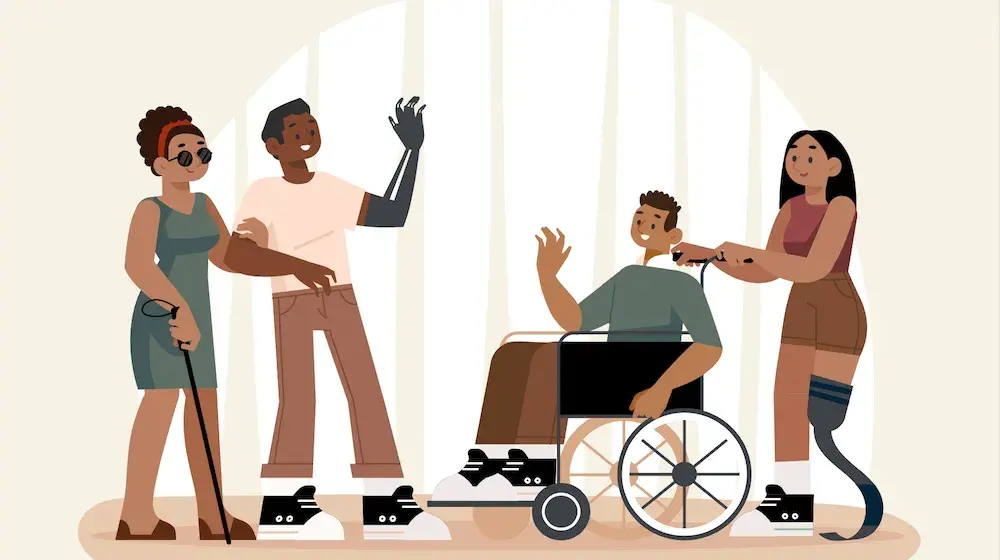Zimbabwe: 28-year-old Rufaro Chakanetsa
Date of Diary session: 19 August 2020
The first thing I’ll do when all this is over is, wear bright lipstick without having to wear a mask.
It is expensive to purchase the basics if you do not earn in US dollars in my country, as prices are pegged against this currency and nutritious food is expensive. Most clinics have closed down but on the bright side, most public places give free hand sanitizer and citizens wear masks in public. I am locked down alone but I share a house with two other families.

Being far from family
It was difficult at first because I stay in a different city from my family due to work, and travelling to see them is cumbersome, but I have managed to stock up on some food and adopted some coping mechanisms like playing music, reading new books and occupying myself with online initiatives on fighting gender-based violence.
I am currently not facing any sexual and reproductive health challenges at this time of COVID-19 as I have opted for celibacy, even though I do understand that sexual and reproductive health goes far beyond that. As a way of aiding the situation, I sometimes give my family money and at the community level, I raise awareness on ending gender-based violence during this pandemic.
Leveraging the digital space
As an innovator against gender-based violence, I am at home most of the time so I have learnt to maximize my use of the digital space through Zoom and by posting on my WhatsApp status and in groups to ensure that my work does not stop.
I really miss dressing up to eat out and meeting and interacting with the women and girls I have met in my line of work. I miss it because it is a huge part of my life. So, the first thing I’ll do when all this is over is wear bright lipstick without having to wear a mask and I’ll also visit my friends.
I’m really worried about not affording basics and losing friends and family to COVID-19. Even during this pandemic, I am very grateful for being alive.
My advice to other young people in Africa is: stay positive and continue to learn more and more on stress management.
About the #YouthAndCOVID19 Series
The UNFPA East and Southern Africa Regional Office through its flagship programme for youth, the Safeguard Young People programme, has been engaging with young people in the region to find out how they are coping with the current COVID-19 pandemic. The aim of the project is to share best practices among the youth and to expose them to the many interventions and responses to COVID-19 that UNFPA and its partners have put in place during this time.
To share your story, click here.
- Lindiwe Siyaya




